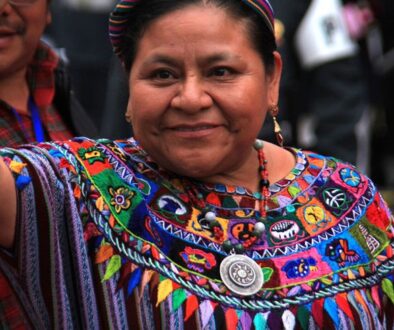New Zealand’s Whanganui River granted legal status as a person after 170-year battle
New Zealand March 2017
The country’s Minister for Treaty of Waitangi Negotiations Christopher Finlayson said the passing of the Te Awa Tupua Bill was a battle hard fought for SINCE 1870. He said: “Today brings the longest running litigation in New Zealand’s history to an end.” Negotiations between New Zealand’s government and Whanganui Iwi formally began in 2009.
The Whanganui River Deed of Settlement was signed in 2014 and legislation was introduced in 2016. Mr. Finlayson said the approach to granting a river legal personality was unique. “It responds to the view of the Iwi of the Whanganui River which has long recognised Te Awa Tupua through its traditions, customs and practise. This legislation recognises the deep spiritual connection between the Whanganui Iwi and its ancestral river and creates a strong platform for the future of Whanganui River.
Gerrard Albert, a spokesperson for the local Maori people, told “We have always believed that the Whanganui River is an indivisible and living whole — Te Awa Tupua — which includes all its physical and spiritual elements from the mountains of the central North Island to the sea,” he said.
More information:>> New Zealand’s Whanganui River granted legal status as a person after 170-year battle
>> Whanganui River given legal status of a person under unique Treaty of Waitangi settlement>> Whanganui River Agreement: Indigenous Rights and Rights of Nature




